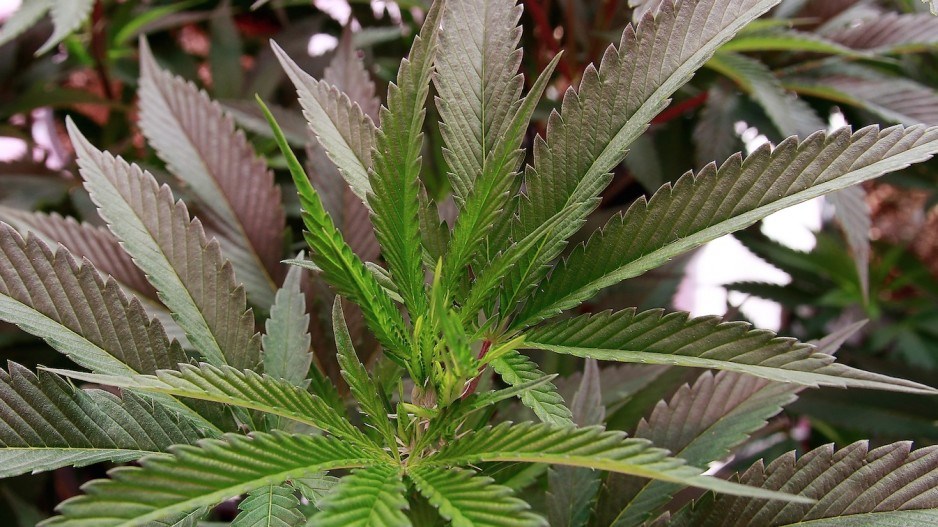A year has passed since marijuana became legal in Canada, following a decision from the federal government that fulfilled a campaign promise by Prime Minister Justin Trudeau.
Legalization, under which provinces have responsibility for regulating sales and enforcing the new rules, has not changed opinion much in British Columbia. A Research Co. survey conducted this month found that 64% of British Columbians agree with marijuana being legal in Canada, while 29% disagree. These are virtually the same numbers that we reported on six months ago.
Another issue about which public opinion has not fluctuated is what to do about other drugs. We continue to see that at least seven in 10 British Columbians disagree with making six other substances – ecstasy, powder cocaine, heroin, crack cocaine, methamphetamine or “crystal meth” and fentanyl – readily available for Canadians who want to use them.
We also perceive little movement as to the way residents feel about the framework that the provincial government put in place to oversee the sale of cannabis. The most popular measure is prohibiting the use of marijuana on school properties and in vehicles, which is supported by four in five British Columbians (81%).
A majority of residents also endorse the guidelines that restrict marijuana smoking to areas where tobacco smoking is allowed (74%), set 19 years as the legal age to purchase, sell or consume marijuana in British Columbia (73%), authorize adults to grow up to four plants per household under specific conditions (60%) and establish the Liquor Distribution Branch (LDB) as the wholesale distributor of non-medical marijuana in the province (56%).
These numbers would suggest that nothing is moving on the marijuana file. Legalization is still widely supported, and no political party even remotely tried to challenge the current status quo in the federal campaign. Legalizing all drugs is still unpalatable for a large majority of British Columbians, and the decisions of the provincial administration are broadly accepted.
There are two issues for which the survey shows a change in the development of the user base, as well as a resistance from specific groups of marijuana users to changing their pre-legalization habits.
The proportion of British Columbians who decided to try marijuana after it became legal in Canada doubled over the past six months, from just 6% in April to 13% this month. Most of this growth in cannabis users is coming from residents aged 18 to 34.
More than one in five of the youngest adult in the province (22%) say they consumed marijuana only after it became legal – a significantly higher proportion of curious new users in British Columbia than among those aged 35 to 54 (13%) and those aged 55 and over (5%).
British Columbia’s current marijuana consumers were also asked about the way they acquire their product. For those fiscal conservatives who pictured a windfall of tax revenue after legalization, the results are not particularly encouraging.
Across the province, one-third of marijuana users (33%) say that “all” of the marijuana they have consumed since legalization was acquired at a licensed retailer. Those aged 18 to 34 (41%) and residents of the Fraser Valley (45%) are more likely to be buying all of their cannabis this way.
This leaves another third of marijuana users who say that “most” (19%) or “some” (14%) of their cannabis was acquired at a licensed retailer.
However, one in four marijuana users in the province (24%) acknowledge that “none” of the marijuana they have consumed since legalization was acquired at a licensed retailer. Three groups are more likely to have decided not to abandon their previous cannabis sources: women (28%), British Columbians aged 55 and over (37%) and residents of southern B.C. (29%).
The rollout of legalization caused great difficulties for some Canadian provinces. While the perceptions of the provincial government’s actions on this file is positive, there is a significant proportion of marijuana users in British Columbia who are not going through the legal channels to get the product they enjoy.
One of the ways to deal with this discrepancy is to expedite the permitting process and open more stores. In neighbouring Alberta, more than 250 retailers are allowed to sell marijuana. In British Columbia, we are still 16 stores away from hitting triple-digits.
The biggest challenge that the nascent industry faces, as outlined by the data, is changing the habits of marijuana users who have seen no need to abandon the illegal market in favour of visiting licensed stores more often – if at all.
Mario Canseco is president of Research Co.
Results are based on an online study conducted October 7–10, 2019, among 800 adult British Columbians. The data has been statistically weighted according to Canadian census figures for age, gender and region in British Columbia. The margin of error, which measures sample variability, is plus or minus 3.5 percentage points, 19 times out of 20.




